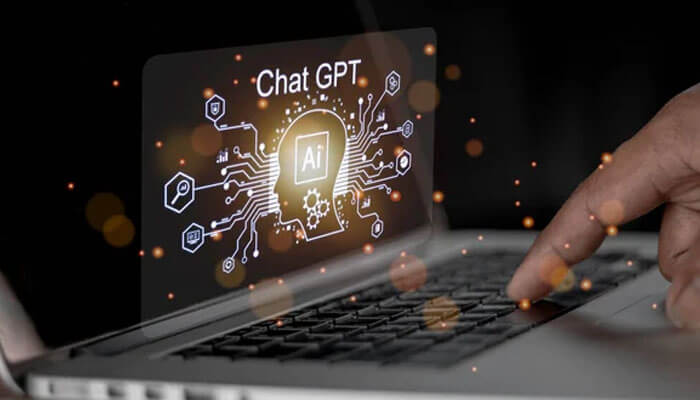The United Nations (UN) recently warned educational institutions about the potential effects of using Artificial Intelligence (AI) excessively in the classroom. Any negative effects that AI might have on education as it develops and assumes a bigger and bigger role across a range of industries must be taken into consideration. This publication outlines the main issues regarding AI use in schools that the UN has raised, as well as the negative implications of excessive AI use.
The possible loss in human interaction caused by the overuse of AI in schools is one of the main issues. Artificial intelligence-driven tools like virtual assistants and automated grading systems could lessen the necessity for face-to-face interactions between teachers and students. Students’ ability to develop social skills, emotional intelligence, and critical thinking may be hampered by this lack of personal connection.
On Thursday, the UN demanded that educational institutions establish strict guidelines for the use of artificial intelligence (AI) tools in the classroom, including a restriction on older pupils’ use of these tools.
Governments have been warned by UNESCO, the UN agency for education, that public authorities are ill-prepared to handle the moral dilemmas arising from implementing “generative” AI initiatives in schools.
According to Audrey Azoulay of UNESCO, “Generative AI can be a tremendous opportunity for human development, but it can also cause harm and prejudice.” Without public participation and the required government safeguards and restrictions, it cannot be integrated into education.
In the latter half of last year, ChatGPT, a generative AI system, drew media attention with its remarkable capacity to produce essays, poetry, and dialogues from small inputs.
The education organization in Paris issued a warning, stating that substituting these apps for actual teachers could harm a child’s emotional health and make them more susceptible to manipulation.
Despite worries raised about plagiarism and cheating in schools and colleges, investors flocked to the revolutionary sector, and advocates focused on education as a potentially lucrative market.
The UNESCO recommendations state that AI technology has the potential to help children with special needs, compete with humans in “Socratic dialogues,” or act as a research assistant.
According to AFP, governments must oversee their use, and educators, students, and researchers must participate in the design of the technologies for them to be secure and effective.
Despite not recommending a minimum age for enrolling kids, the suggestion did mention that ChatGPT had a lower age limit of 13.
Many pundits believe that this age threshold is too low and have pushed for legislation to raise it to 16 years old, according to the
Educational institutions must utilize the benefits of AI without compromising human contact, critical thinking, and privacy. Schools may take advantage of the power of AI while providing a comprehensive and inclusive learning environment for all students by addressing the issues identified by the UN and actively working towards ethical and equitable AI use.



